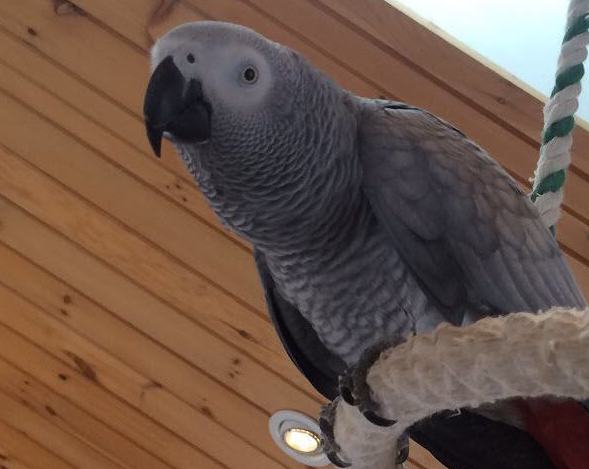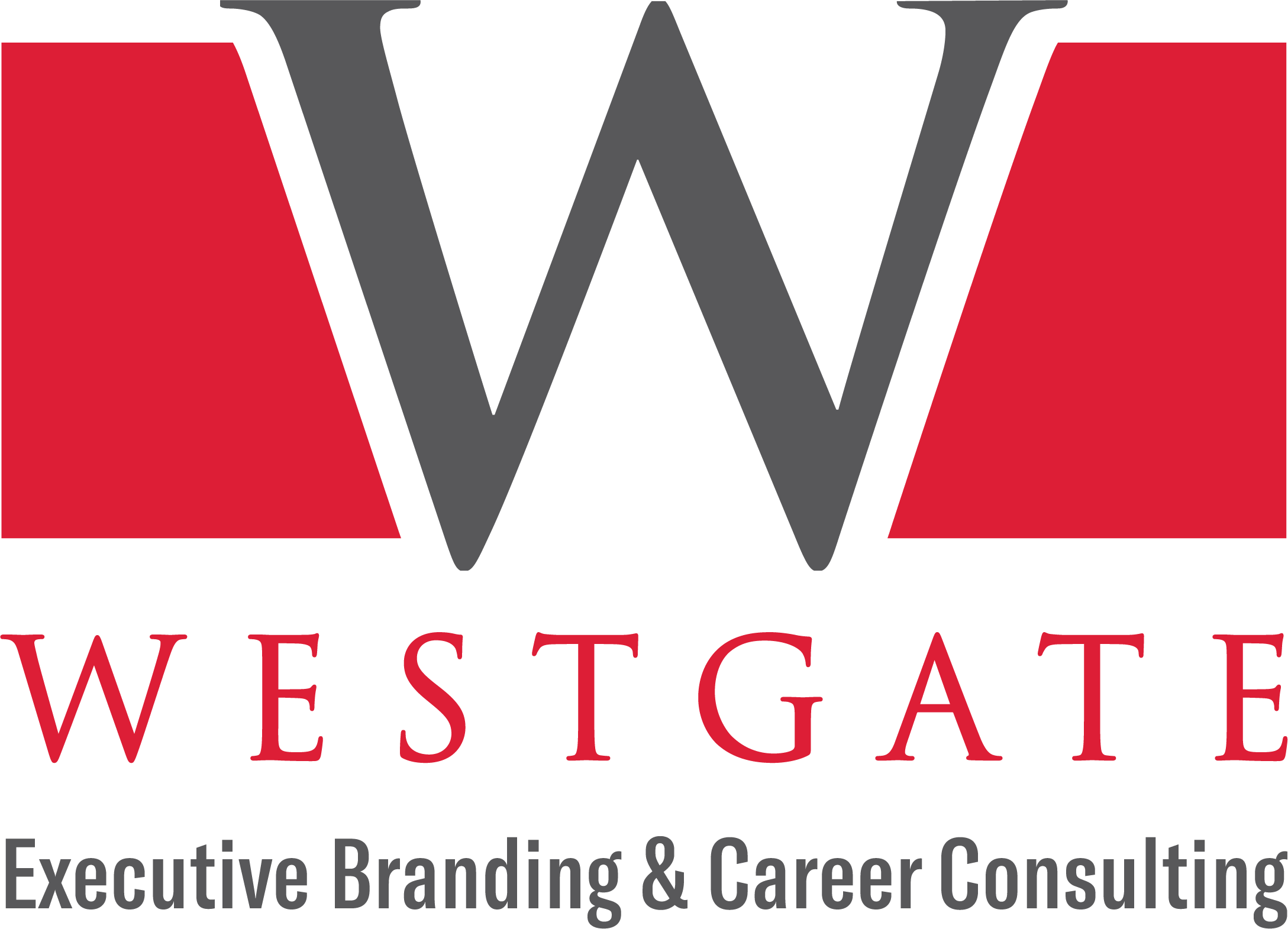Executive job interviews, body language and Sugar the bird
A couple of years ago a friend introduced me to the idea of taking quarterly work retreats away from the office. I am amazed at the boost in my productivity. The simple change in scenery changes my perspective. It’s energizing. And it’s quiet.
As I write this article, I am sitting at a quiet seaside resort in Nova Scotia, Canada, with an in-resident African gray parrot, named Sugar, who visits me throughout the day. Sugar is a talkative 4-year-old who keeps me company as I work.

The reason I mention Sugar is her interesting behavior with me. Not only does she chat away saying things like, “hello”, “water?”, “gobble, gobble, gobble”, she sits beside me on the back of the soft-sided chair on her one foot with the other foot tucked inside her feathers. This behavior in bird body language means that she trusts me, according to the young resort proprietor, Hannah.
I am delighted that Sugar trusts me and feels comfortable enough to sit by my laptop keeping me company, which reminds me of an article I wrote several years ago about body language. Specifically, how important appropriate eye contact is for job interviews and other types of negotiations.
Body language is a topic that ebbs and flows in the media, but it is a subject that can have a powerful impact on how hiring decision-makers perceive executive and board candidates.
According to a Harvard Business Review article by Charalambos A. Vlachoutsicos, an Adjunct Professor at Athens University of Economics and Business in Greece, people are generally aware of others body language but not always their own.
He says, “Most of us are not what we think we are and therefore we need to question our self-image, which all too often is an idealized version of our true selves.”
Here are a few questions to ask during the meeting [job interview] according to Vlachoutsicos:
He says: “I have found over the course of a long career that the best way to become more aware of myself and of the impact of my own largely unconscious behavior is to systematically run through some standard drivers of negative body language.”
I recall my own embarrassment as a child when my faux pas was exposed to me by my great uncle during a family dinner party. It sticks with me even today and I try to be aware of how I am being perceived by others.
In addition, I have collected my own observations from over the years of meetings, presentations, and job interviews. They are not troubling things on their own, but they are extremely distracting, taking away from the subject’s message. The behavior dilutes the candidate’s confidence, and therefore the trust level.
Here are a handful of my own examples:
Any behavior that sends the message that you are not being attentive is troublesome. It may be perceived as disrespectful because you’re saying, “You are not important enough for me to sit and listen to you.” It’s also distracting.
Distracting behavior can be a deal breaker in job offer negotiations and job interviews because the fundamental need to trust others can be eroded when one party feels shut out by the other. Please see this article on distracting behavior that discusses other types of distractions that can interfere with your career.
To learn more about body language, see this video “The Body Language Documentary” that claims that 93% of our communication is non-verbal.
If you are winning job interviews but are not closing the deal, you may benefit from doing a body language audit. You can ask a friend or colleague record you and report back on what they see. Self-awareness builds confidence and that confidence will be evident during your next job interview and subsequent job offer.
Westgate Executive Branding & Career Consulting is a boutique firm offering customized executive career coaching services, including résumé building, career branding, job interview coaching, executive outplacement services, and business plan writing. The firm is anchored in Halifax, Canada serving clients globally.
If you liked this post, please share it with your friends and colleagues.

